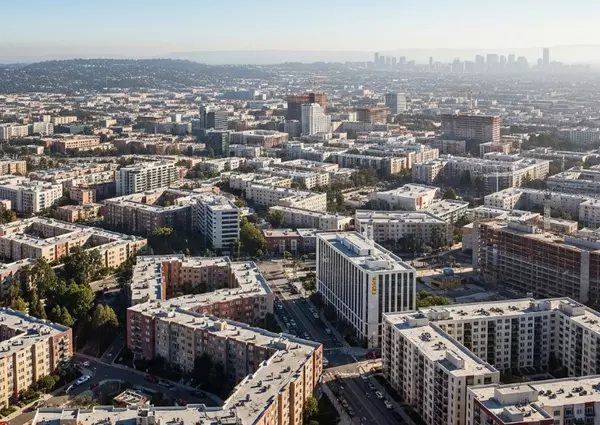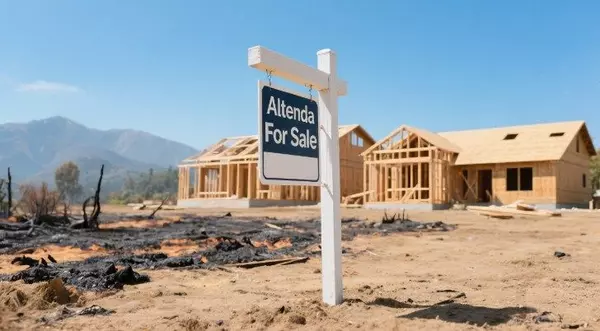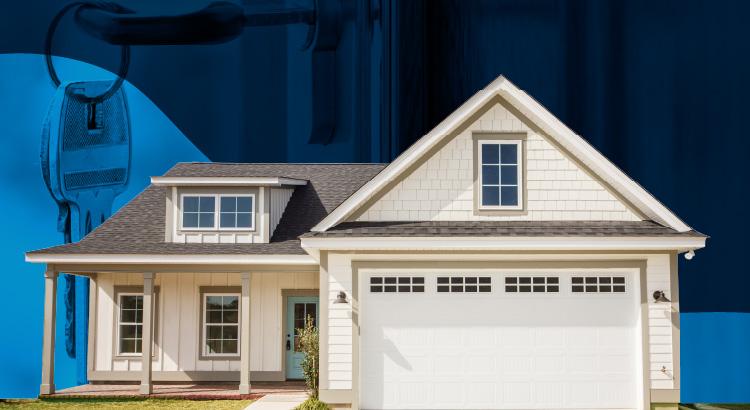Income Required To Afford A Typical Home By City
A recent analysis by Zillow provides fascinating insights into the income levels necessary to purchase a typical home across various cities. The study assumes a 10% down payment and employs Zillow's Home Value Index to establish the median home price in each location. By juxtaposing the income thresholds for 2020 and 2024, we can evaluate how housing affordability has evolved over this period.
:extract_focal()/https%3A%2F%2Fwww.financialsamurai.com%2Fwp-content%2Fuploads%2F2024%2F03%2FIMG_1454-1.webp)
San Jose commands the highest income requirement to afford a median home at $454,296, while Pittsburg boasts the lowest income needed at just $58,232. If homeownership is a priority and budget constraints are a concern, perhaps a move to Pittsburg, Pennsylvania, is worth considering!
Expensive Cities Might Actually Be The Cheapest Cities To Live In
A recent analysis by Zillow provides fascinating insights into the income levels necessary to purchase a typical home across various cities. The study assumes a 10% down payment and employs Zillow's Home Value Index to establish the median home price in each location. By juxtaposing the income thresholds for 2020 and 2024, we can evaluate how housing affordability has evolved over this period.
:extract_focal()/https%3A%2F%2Fi2.wp.com%2Ffinancialsamurai.com%2Fwp-content%2Fuploads%2F2023%2F02%2F300K-in-2023-family-4.png)
While cities such as Boston, New York, Seattle, San Diego, Los Angeles, San Francisco, and San Jose require over $200,000 in household income to afford a typical home, these cities can be more affordable than commonly perceived. There are two key reasons for this perspective:
1) Expensive Cities Offer More Cost-Effective Amenities and Healthier Lifestyles
In certain expensive cities, especially those on the West Coast, amenities like private sports clubs and access to outdoor recreational facilities can be significantly more affordable compared to other regions of the country. This is largely due to the moderate year-round weather enabling greater use of public outdoor spaces.
While the required income for homeownership is lower than the national average in some areas, maintaining an active outdoor lifestyle year-round can be challenging due to harsher seasonal conditions. The favorable climate stands out as a crucial factor contributing to a higher quality of life in regions like the West Coast.
For those prioritizing good weather and homeownership, relocating from expensive cities like New York City or Boston to more affordable and warmer areas could be a strategic move.
2) Expensive Cities Provide More Lucrative Career Opportunities
Expensive cities often offer more lucrative career opportunities that can offset the higher cost of living. While the income required to purchase a home may seem daunting, the potential for higher earnings in these areas can make homeownership more attainable.
In summary, while the income required for homeownership in certain cities may seem exorbitant, factors such as more affordable amenities, a healthier lifestyle, and greater earnings potential in these areas can make them more financially viable than typically perceived.
:extract_focal()/https%3A%2F%2Fi2.wp.com%2Ffinancialsamurai.com%2Fwp-content%2Fuploads%2F2024%2F03%2FAnnual-software-engineer-salary-in-Big-Tech-728x412.jpg)
More Examples Of How Costs Are Higher In Cheaper Cities
Cost of Cars: The price of a vehicle like a Honda Accord remains consistent regardless of location. Purchasing a $34,000 Honda Accord Sport would account for 42.5% of an $80,000 salary but only 23% of a job-equivalent salary of $150,000 in a higher cost-of-living area.
Cost of Materials for Home Remodel: Lumber, drywall, wiring, and fixtures generally cost the same across the country. Whether remodeling a $500,000 house or a $1,200,000 house, the material costs might differ as a percentage (10% versus 5.8% of the home value, respectively). However, the higher-priced home yields a greater return on the remodel investment, considering the likely higher price per square foot.
Cost of College: College tuition prices are consistent nationwide. However, the affordability of higher education has become challenging for middle-class families, particularly in less expensive cities, where only the wealthy or the very poor can comfortably afford it.
For any product or service that maintains a consistent price regardless of location, the impact on disposable income can be more significant in a lower cost-of-living area with comparatively lower salaries.
Living In An Expensive City Allows Playing Offense
Living in an expensive, high cost-of-living city provides opportunities to maximize income - essentially "playing offense" on the path to financial independence. While most pursue a combination of increasing earnings and reducing expenses, living in an expensive area enables focusing more on the income generation side.
High cost-of-living cities tend to offer more lucrative career opportunities and higher salaries that can offset the higher living expenses. The increased earning potential in these areas, while costly upfront, facilitates long-term wealth accumulation. It's akin to investing heavily in growth stocks early on for greater future returns.
Not only do expensive cities allow for higher incomes, but they also provide more chances to build valuable professional connections and unique investment opportunities that can generate considerable wealth over time. Owning real estate in high-opportunity urban areas represents another avenue for building net worth.
Relocate For A Better Lifestyle Once Wealthy
After accumulating sufficient wealth, one can consider relocating from an expensive city to a more affordable area better aligned with lifestyle preferences and income needs. It's often easier to move from a high cost-of-living city to a lower one versus the reverse.
The substantial income possibilities that expensive cities provide can make the upfront costs worthwhile over the long run for earning and investing. For those residing in more affordable locales, taking advantage of remote working opportunities and maximizing income sources is advisable to overcome any earnings limitations.
Categories
Recent Posts










